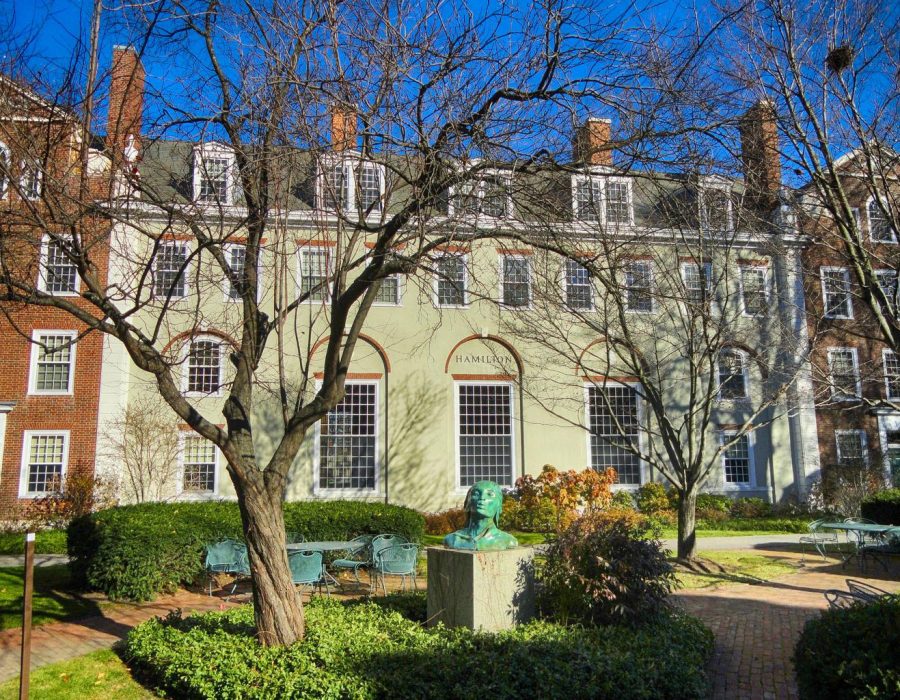Harvard’s admittance problem
Opinion Columnist Kevin Wiggins discusses Affirmative Action at Harvard University, and how the current issue there might shape the future landscape of university admission policies.
Apr 29, 2019
Harvard, the most lauded university in the United States, has come under scrutiny this past year over a lawsuit concerning the University’s admission criteria. Upon hearing this, many Americans will already have their bullhorns ready and conclusions already seared into their minds. You might be thinking, “Of course, the lawsuit is about black and brown Americans being denied access surely!” Well, no. Asian American rights groups filed the suit in early 2018.
Ivy League schools for an eternity have had mired, mysterious admissions processes. Their Mithraic admission processes are staunched in the traditional three-part criteria for admission. This tripartite system uses I) academic achievements, II) extracurricular activities and III) “personal qualities” to determine a candidate’s aptitude. The first two categories can be measured quasi-scientifically, they determine a candidate’s overall success in high school and potential involvement on campus. Yet, the third category is the kicker. Just what are these “personal qualities” they’re looking for and how is this category being measured?
The answer is murky, and it is in this category that the lawsuit purports Harvard’s illegal conduct to be housed. Their core claim is that Harvard admissions policies discriminate against Asian Americans, in violation of Article VI of the Civil Rights Act of 1964. According to the case of the prosecution, external review of Harvard admissions documents proves Asian Americans have a 25 percent chance at admission to Harvard. This is contrasted by a 32 percent chance for Whites, 77 percent for Latinos and 95 percent for African Americans with the same quality of applications. Thus, the prosecution argues Harvard deliberately discriminates against Asian Americans in its admission policies.
This isn’t the first that Harvard has come under fire for its pursuit of “equity.” Under the tenure of President Drew G. Faust, it was announced that the university would be banning Greek life and gender-segregated dining clubs. Students who continued to participate in their own organizations would be denied university spaces, and athletes who participated would be benched. Both of these more recent controversies are part of a colorful, crimson history of exclusion. Be it Jews, Italians, Blacks, immigrants of all stripes and now Asian Americans, the University will have to defend its admissions policies on the national stage. The verdict, which is set to be handed down in the middle of 2019, could rewrite American universities’ affirmative action programs.
The case is interesting not just due to the possible far reaching consequences it could have for affirmative action admission processes, but also because it calls into question the very nature of a university. That aside, it begs us to actually consider how and in what ways we can best help those our nation has knowingly kept down, but also how we might do so without committing the sins of our forefathers.








